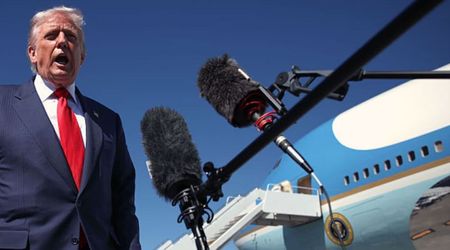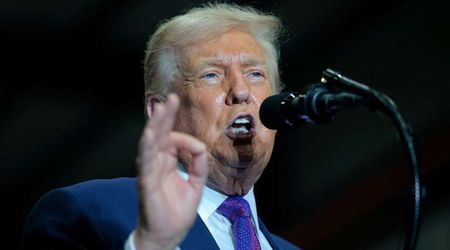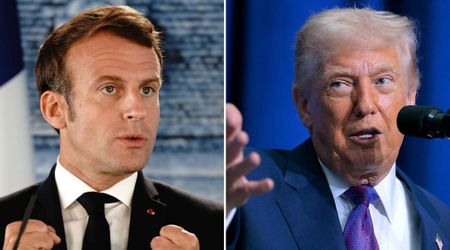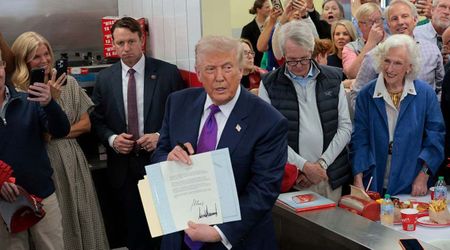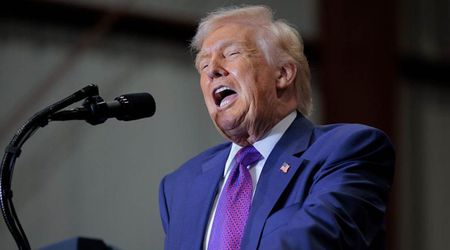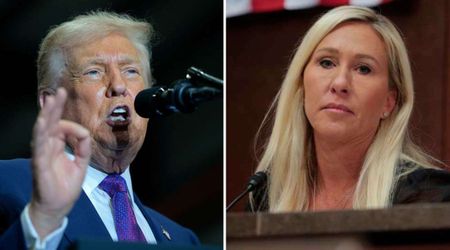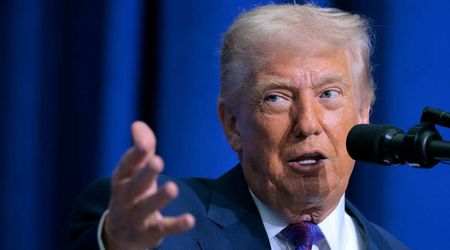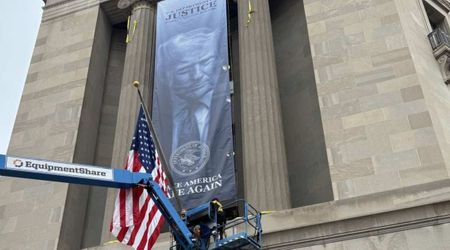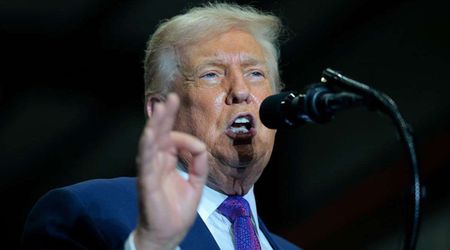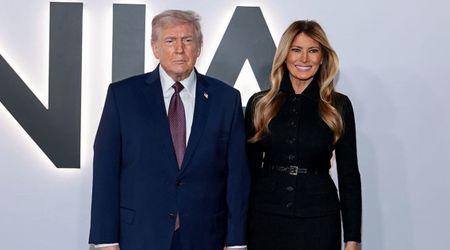Here's what Joe Biden's exit from 2024 race might signal for a possible open convention at DNC

WASHINGTON, DC: President Joe Biden's exit from the 2024 race has triggered the possibility of an open convention to select a successor for the Democratic ticket. The 81-year-old endorsed Vice President Kamala Harris for president after announcing his withdrawal on Sunday, July 21.
However, the clock is ticking for anyone other than Harris who would want to run for the nomination. For Democrats to ensure their nominee is on the ballot in all 50 states, they must submit names by August 7, the deadline in Ohio, the earliest in the nation.
The Democratic National Convention is scheduled to begin on August 19, less than two weeks after the Ohio deadline. Biden's historic decision could lead to a unique practice non-existent for decades, making them choose the nominee on the convention floor.
My fellow Democrats, I have decided not to accept the nomination and to focus all my energies on my duties as President for the remainder of my term. My very first decision as the party nominee in 2020 was to pick Kamala Harris as my Vice President. And it’s been the best… pic.twitter.com/x8DnvuImJV
— Joe Biden (@JoeBiden) July 21, 2024
The octogenarian conceded his 2024 race following nearly a month-long pressure from Democratic elected officials and donors who doubted his cognitive ability for one more term in light of his disastrous debate performance against Donald Trump.
What would lead to an open DNC convention?
According to the current DNC rule, "Delegates elected to the national convention pledged to a presidential candidate shall in all good conscience reflect the sentiments of those who elected them."

Biden secured 3896 "pledged" delegates from primaries and caucuses, which he won without any opposition. This accounts for more than 90% of the delegate pool. With his exit, these delegates are free to cast their votes for anyone who enters the race. Other Democratic candidates could now toss their hat in the ring.
As of now, the DNC will likely conduct a virtual roll call to select the nominee between August 1 and August 7, expecting Harris to emerge as the nominee.
DNC has no rules binding Biden's choice of Kamala Harris as presidential nominee
The absence of DNC rules to enforce Biden's selection of Harris as his successor is a significant loophole that could lead to an open convention.
Last week, the POTUS said that delegates were "obviously free to do whatever they want," but asserted an open convention to oust him was "not going to happen." Now that he is no longer in the picture, the situation offers an option to the delegates.
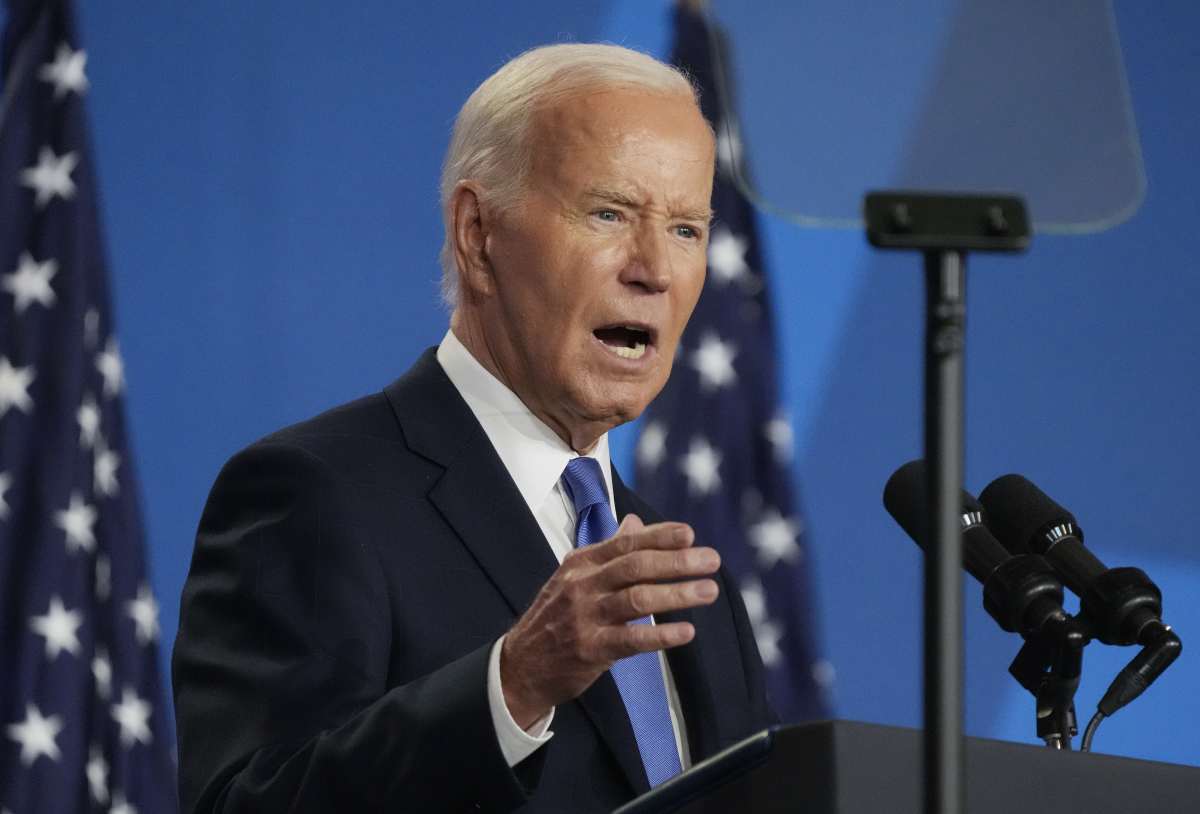
DNC delegate Elaine Kamarck, in an information Zoom call with the members of Delegates Are Democracy, a group founded last week by Democratic activists, explained the rules to those who were confused about the possibility of initiating an open convention.
Kamarck said there were varying interpretations of the "in good conscience" rule to create a "loophole" in the process, allowing delegates to technically vote for any Democratic candidate of their preference, as per the New York Post.
Will voters get to choose from leading contenders?
No, the voters do not have the option to be a direct part of choosing the Democratic nominee on the DNC floor. Delegates could act as per polls or conduct a voter outreach to measure public opinion before selecting the candidate.
In the current scenario, any Democrat fulfilling the eligibility for president can run in the open convention. Nevertheless, Harris would be a prominent name due to her White House experience and redirected funding from the Biden-Harris campaign.
Currently, independent Sen Joe Manchin is reportedly considering rejoining the Democratic Party and competing against Harris hours after he called on the president to "pass the torch."

Other potential replacements include California Gov Gavin Newsom, Michigan Gov Gretchen Whitmer, Illinois Governor JB Pritzker, and Kentucky Governor Andy Beshear. Newsom and Whitmer already declared their endorsement for the vice president, indicating they would unlikely oppose her in an open convention.
Possibility of a brokered convention
A brokered convention could cause a conflict within the Democratic Party, with each candidate turning against the other on the convention floor in August. In light of such possibilities, the delegates would appear uncommitted at the United Center in Chicago. However, local and state party officials and elected Democrats could lobby the delegates to vote for certain candidates.
A brokered convention would need dozens of rounds of voting before finalizing a nominee. For instance, in 1924, John Davis was selected as the Democratic nominee after 103 rounds of voting. Nevertheless, Republican President Calvin Coolidge defeated him in the general election.

The last time Democrats held a brokered convention was in 1952 after voting for three rounds to choose Adlai Stevenson as the nominee. The former Supreme Commander of the Allied Expeditionary Force in World War II, Dwight D Eisenhower, won that election.
Reasons an open or brokered convention may not occur
The August 7 certification deadline in Ohio could scrap any possibility of an open convention as the DNC would opt for a "virtual roll call" to formally nominate a candidate before the convention. The same was followed for the Biden-Harris ticket in May to comply with the Buckeye state's deadline that fell before the DNC.
Upon pressure from Democrats in late May, the Ohio legislature authorized a bill extending the state's ballot access deadline from August 7 to September 1. However, since the bill won't take effect until September 1, some Democrats fear that Republicans might challenge the new deadline and potentially stop the nominee from appearing on the ballot in Ohio.
Therefore, a virtual vote would be the best available option to decide on a nominee to avoid any chaos at the convention.

